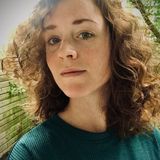The covid-19 pandemic has an enormous impact on cities worldwide. Especially within areas such as employment, health care, social services and the economy: both now as in the near future. In the Infected Cities series, we looked at how cities around the world are dealing with this pandemic. Together with DutchCulture, we searched for different ‘city makers’ such as artists, creatives, volunteers. The speakers gave us insights into their daily works and explained how they committed to making a positive impact during this pandemic. In this extra edition we will talk with a few speakers from the series together with some new faces about the issue that we found most societies are facing: the exposed inequality.
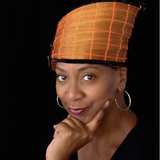
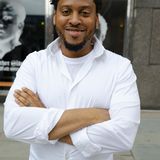
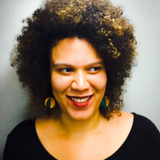
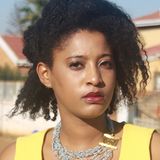
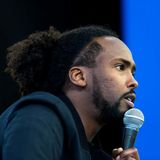
Looking back on the 9 episodes of Infected Cities it is clear that the virus does not function as ‘a major equalizer’. Instead it enlarges and exposes social and racial inequality. In New York, São Paulo and Johannesburg we have seen that the virus has mostly affected the BIPOC communities. Government systems often fail in supporting these communities and they cannot count on anything else but grass-root programs and social and cultural initiatives.
Today we will go back to New York City, São Paulo and Johannesburg to zoom in on these inequalities that have become more visible due to the virus. Evidently we will also discuss the recent Black Lives Matter protests since this is inseparably connected to the inequalities. Together with speakers we will make efforts to understand the history of institutional racism that has led to today’s unrest and research in what way art and culture can help bring transparency and equality. We will end the program in The Netherlands and look at how we can address the problem of inequality closer to home through the visions of cultural makers and artists.
We will start the program with a short talk with Kamau Ware and Jennifer Tosch about social inequality among racial lines during the corona crisis.
Then we will talk about the current situation in New York City, Johannesburg and São Paulo. What do these cities have in common regarding the Black Lives Matter movement. And how are the Black Lives Matter movement and the pandemic related?
We will continue to talk about the historical backgrounds of the exposed inequalities and the global perspective on the fight against racism.
Finally, we will have a conversation about the Black Lives Matters movement in The Netherlands, looking at Amsterdam and Rotterdam. How is Europe connected to what is happening in other parts of the world? And how can art and culture contribute to the fight against racism and inequality?




